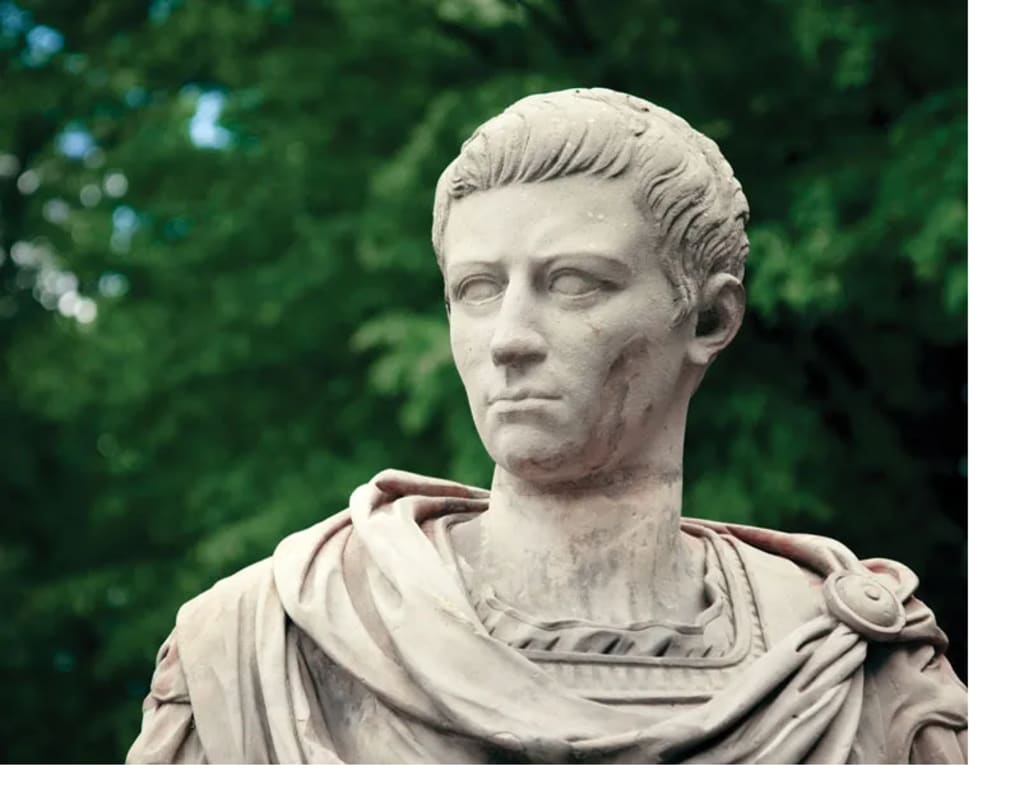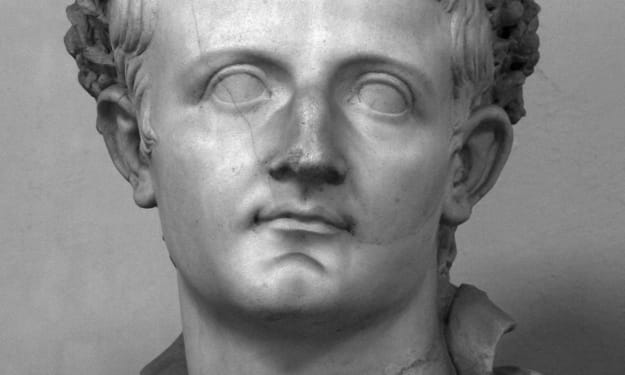Caligula (12 AND – 41 AS) – The third emperor of Rome, who ruled from 37 AD until his assassination in 41 AD. full history
Caligula (12 AND – 41 AS) – The third emperor of Rome, who ruled from 37 AD until his assassination in 41 AD. full history

Gaius Julius Caesar Augustus Germanicus, popularly known as Caligula, was the third emperor of the Roman Empire. He ruled from 37 AD until his assassination in 41 AD. Caligula was born on August 31, 12 AD, in Antium, Italy, to Germanicus Caesar and Agrippina the Elder. He was the great-grandson of Augustus, the founder of the Roman Empire. Caligula's childhood was spent in the military camps where his father was stationed, and he developed a strong affinity for the soldiers and the military way of life.
Caligula's father, Germanicus, was a popular and successful general who was considered a potential successor to the emperor, Tiberius. However, Germanicus died under suspicious circumstances in 19 AD, and his death was widely believed to have been caused by Tiberius, who was jealous of his popularity. After Germanicus' death, Caligula's mother, Agrippina, was exiled, and Caligula and his siblings were placed in the care of their great-grandmother, Livia Drusilla, and then their grandmother, Antonia Minor.
Caligula's early years were marked by a series of tragedies. His mother and two of his brothers died during his childhood, and he was raised by his grandmother and his great-grandmother, who were both powerful and influential women. They instilled in Caligula a love for the military and a desire for revenge against those who had wronged his family.
In 31 AD, Caligula's uncle, Tiberius, became the emperor of Rome. Tiberius was an unpopular and reclusive ruler who spent most of his time on the island of Capri. Caligula, who was now a young man, was summoned to Capri in 31 AD to join his uncle's court. It was during this time that Caligula began to exhibit signs of mental instability. He was said to have suffered from epilepsy and other physical and mental disorders that affected his behavior and judgment.
After Tiberius' death in 37 AD, Caligula was declared the emperor of Rome. At first, he was popular among the people and the Senate, who saw him as a breath of fresh air after Tiberius' repressive regime. Caligula began his reign by undoing many of Tiberius' unpopular policies, such as banning treason trials and restoring freedom of speech. He also lowered taxes and increased public works projects, which made him popular among the common people.
However, Caligula's popularity was short-lived. He soon began to exhibit increasingly erratic and cruel behavior. He had his own sister, Agrippina the Younger, banished from Rome and then executed. He also had several prominent members of the Senate executed or forced to commit suicide, including one of his own consuls. Caligula began to engage in lavish spending and self-indulgence, which drained the treasury and alienated the Senate.
Caligula also began to exhibit bizarre behavior, such as declaring himself a god and ordering his image to be worshiped in temples throughout the empire. He also had a notorious reputation for sexual excesses and was said to have had incestuous relationships with his sisters. He was also rumored to have made his horse, Incitatus, a consul, although this is likely a myth.
In 41 AD, Caligula was assassinated by a group of conspirators, including members of the Praetorian Guard, the elite soldiers who served as his personal bodyguards. The assassination was sparked by Caligula's increasing paranoia and his decision to move the capital of the empire from Rome to Alexandria, which would have left the Pra
Caligula spent the winter of 39/40 in Gaul and on the Rhine and planned to invade Germany or Britain. His plans aroused some patriotic fervor, but the project was abandoned.
After his return to Rome, Caligula lived in constant fear and real danger of assassination. He was murdered by a tribune of the Praetorian Guards on Jan. 24, 41. His fourth wife and his daughter, who was his only child, were murdered at the same time.






Comments
There are no comments for this story
Be the first to respond and start the conversation.